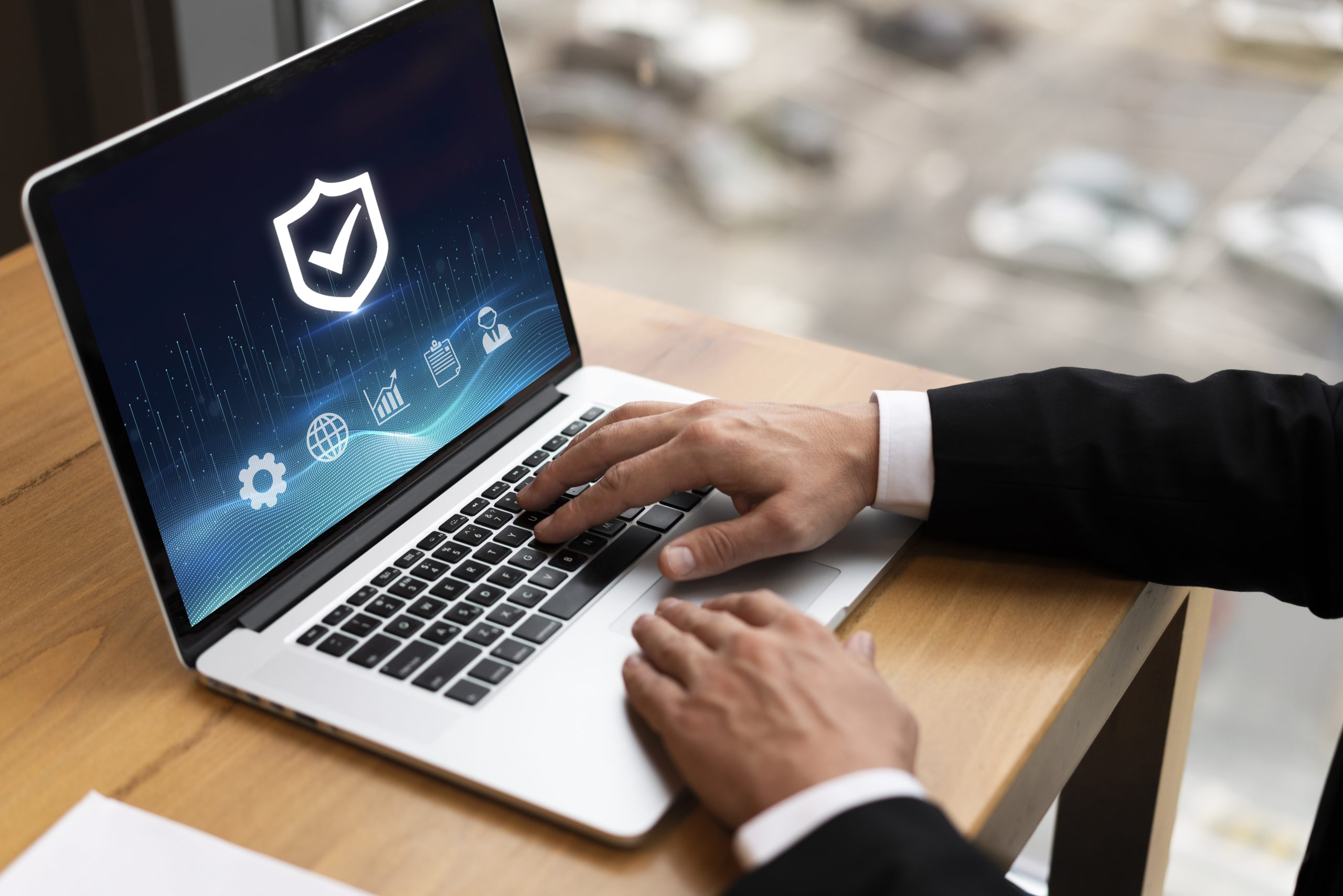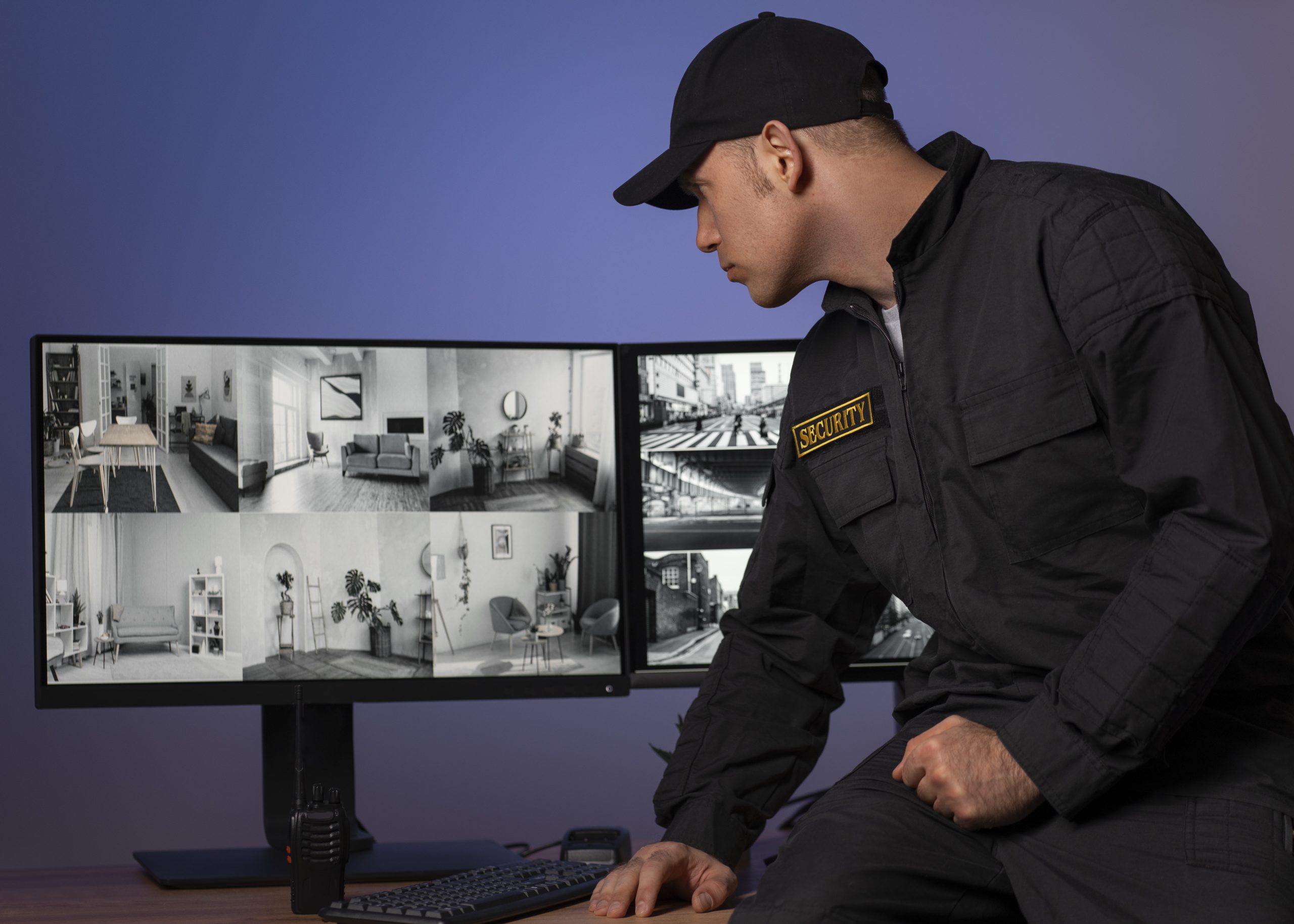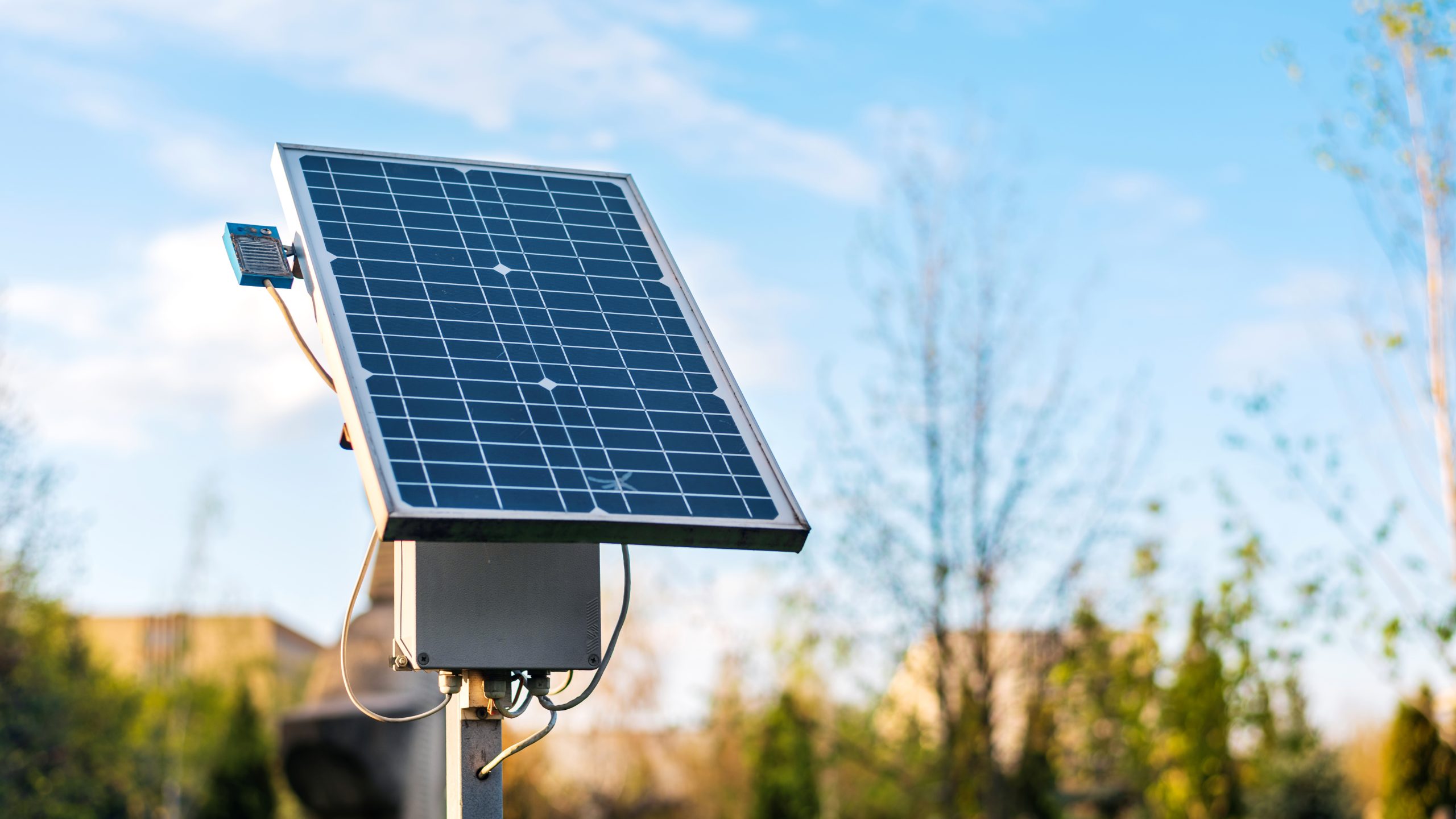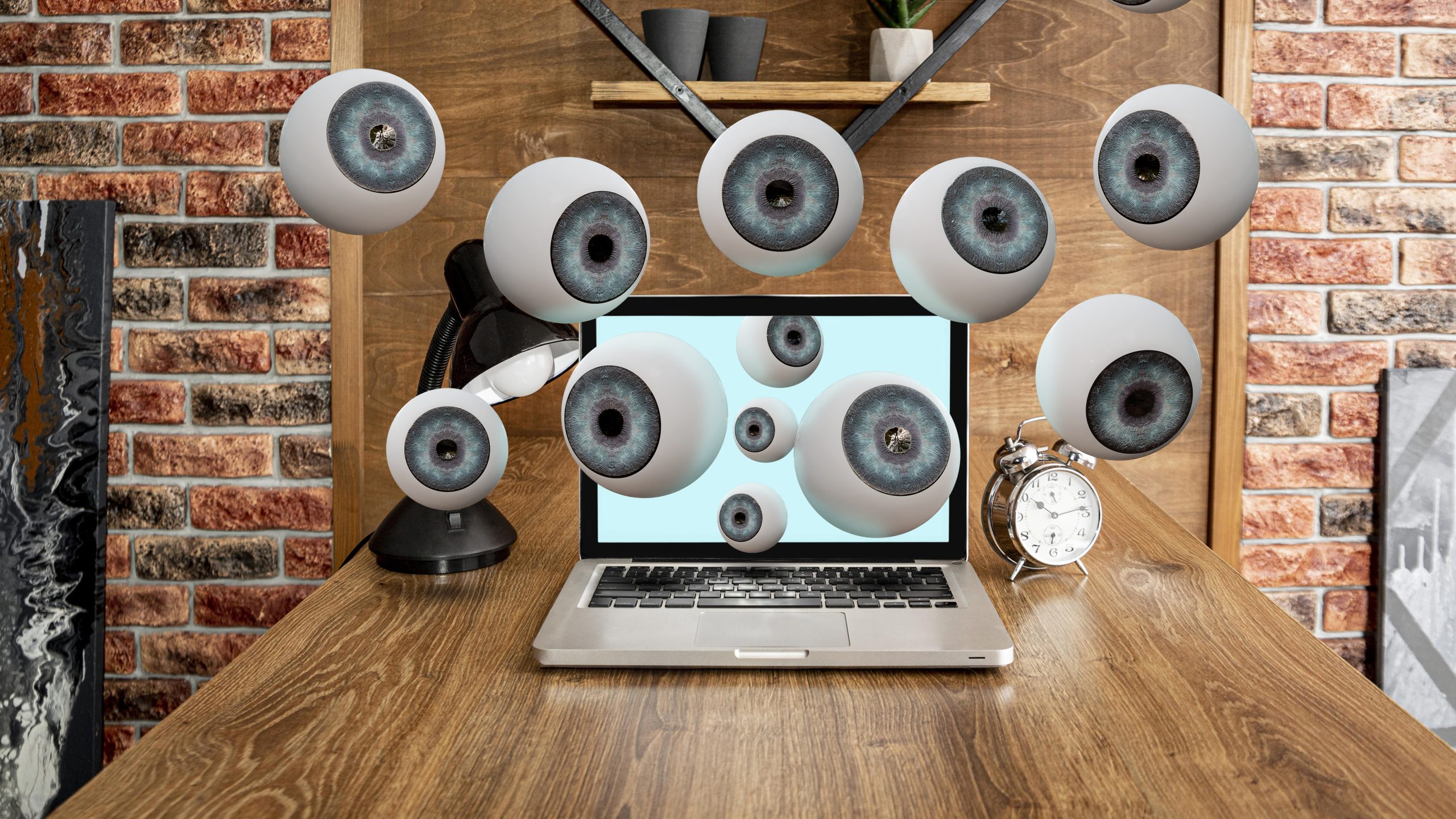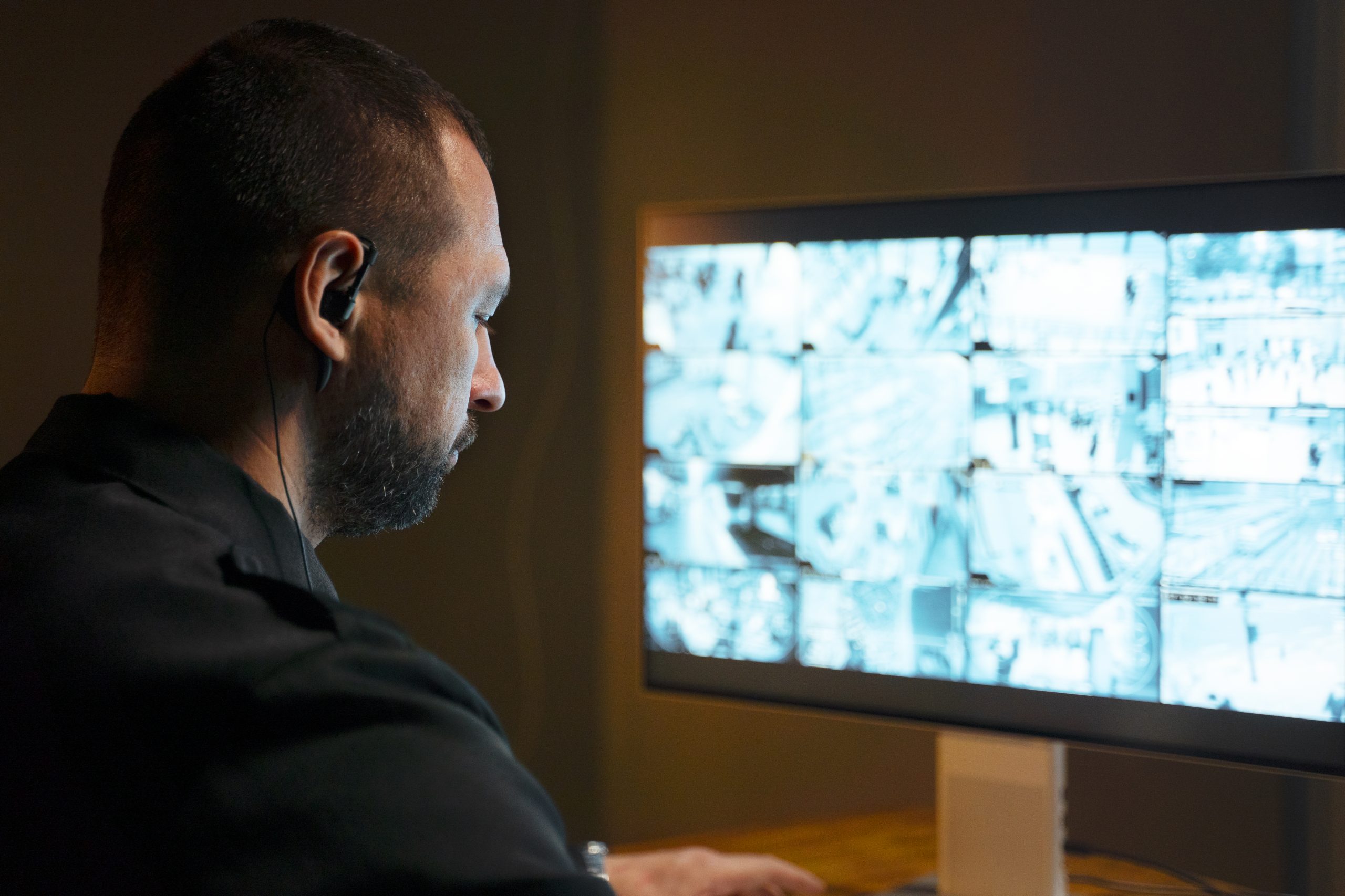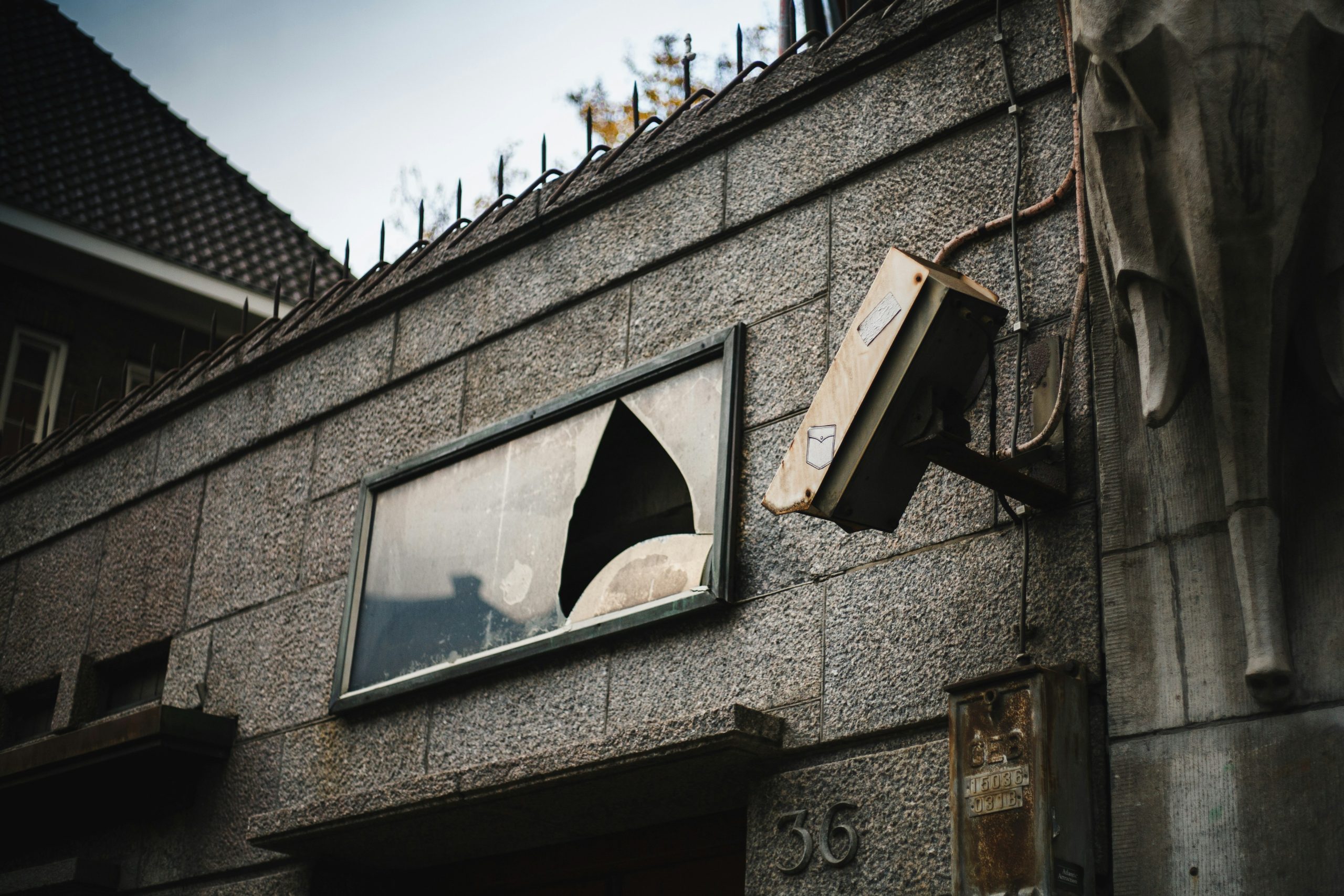Next-Level Protection: The Best Security Services for Your Company
In the current rapidly changing business environment, the protection of your assets as well as the safety of your business operations are more important than ever before. With the boost of sophisticated threats, businesses must implement advanced surveillance systems to assure complete security. In this article, we’ll look at certain best surveillance services. excellent surveillance solutions that will increase your security for your business to new levels, and provide you with the security you need.
Why Surveillance is Essential for Modern Businesses
Surveillance isn’t just a choice for companies and is now a requirement. The main reasons to monitor are:
Deterrence of Criminal Activities
The simple existence of cameras could be an effective deterrent against criminal activity. When criminals who might be intruders know that they are watched it is less likely that they will try criminal acts, thus stopping incidents before they happen.
Real-Time Monitoring
Surveillance systems provide continuous monitoring that allows security personnel to monitor your premises at all times. Monitoring in real-time makes sure that any suspicious activity is promptly identified and addressed which reduces the risks.
Collection of Crucial Evidence
In the event of a security incident, the surveillance footage can serve as valuable evidence. Videos of superior quality could benefit authorities in law enforcement to find the perpetrators and deliver vital information to support legal instances.
Enhanced Operational Efficiency
Monitoring systems can also improve the efficiency of operations. Through monitoring employee activity and workplace conditions, organizations can warrant compliance with safety guidelines and increase overall efficiency. Surveillance footage could reveal areas where processes could be improved for higher performance.
Cutting-Edge Surveillance Solutions
Today, businesses have access to an array of high-tech security solutions that are designed to meet various security requirements. Here are top-quality services that will significantly improve the security of your business:
1. 24/7 CCTV Surveillance
One of the most important aspects of a secure security system is 24-hour surveillance via CCTV. This is a continuous surveillance of your property with top-quality cameras that record live video throughout the day. The footage is sent to the central monitoring station, where trained security personnel are able to oversee operations in real time.
Key Features:
- Continuous Monitoring: Ensures that your premises are constantly monitored.
- Real-Time Alerts: Instant detection of suspicious activity can be quickly addressed.
- Remote Access: The ability to monitor your company from anywhere.
2. AI-Based Cameras
Integrating AI (AI) in surveillance systems can greatly increase the effectiveness of surveillance systems. AI-powered cameras employ machine-learning algorithms that analyze the live video detect patterns that are not normal and identify potential security threats.
Key Benefits:
- Pattern Recognition Alerts and identifies unusual activity.
- Predictive Analytics: Aids in identifying security threats.
- Improved Decision Making: Provides data-driven information to improve security management.
3. Facial Recognition Technology
The cameras that can recognize faces provide an additional layer of protection by identifying the people entering your premises. The technology can be used to stop unauthorized access and to monitor employee attendance.
Advantages:
- Advanced Security: Identifies and alerts against unauthorized persons.
- Employee Monitoring: Monitors the employee’s attendance and other activities to aid in better management.
- Incident Prevention: Lowers the possibility of unauthorized access.
4. Active Reporting
A thorough reporting system is vital to efficient security management. Systems for active reporting serve customized, detailed reports of surveillance activities to benefit businesses that remain informed about their security state.
Key Features:
- Individually customizable reports: daily monthly, weekly, or quarterly reports that are according to the needs of your business.
- KPI Measurements: Comprehensive analysis of important performance indicators.
- Video Confirmation: Screenshots, and visual data that support reports.
5. Time-Lapse Surveillance
Time-lapse surveillance is especially beneficial to monitor long-term projects like construction sites. It allows companies to monitor the development of their project over a period of time, and provide updates to their stakeholders.
Benefits:
- Progress Monitoring: Documents and monitors the progress of the project from start to completion.
- Stakeholder Updates: easily share information with investors and clients.
- Marketing Tool: Make use of time-lapse videos to advertise your company’s strengths.
6. Two-Way Audio Systems
Modern surveillance systems include two-way audio, which allows the use of real-time communications between security personnel as well as individuals who are on site. This capability allows you to control the situation remotely.
Advantages:
- Real-Time Communication: instant communication with staff members or visitors on-site.
- Improved Management: Quickly resolve problems as well as deliver instructions.
- Remote Control: Monitor security from afar using audio feedback.
7. Remote Site Monitoring
Remote monitoring of sites is great for businesses that have many sites or locations that do not have an ongoing security presence. This method ensures that every site is always monitored regardless of where they are.
Key Features:
- Customized Solutions: Designed to meet the needs of remote websites.
- Solar Energy Options: For locations that do not have electricity access.
- Secure Network Access Assures uninterrupted and secure monitoring.
8. Personal Safety Gear
Personal safety equipment for business and security personnel will significantly boost safety on the job. It could be as simple as wearing cameras as well as protective equipment that are designed for use to assure the security of those who are in potentially dangerous situations.
Benefits:
- Advanced Security: Wearable cameras as well as equipment grant an additional layer of protection.
- Rapid Response: Allows rapid action in the event of a threat.
- Employee Safety: Assures the safety of employees in high-risk settings.
Industry-Specific Surveillance Solutions
Different industries have different security demands. Here are some customized security solutions that can be used in different industries:
- Liquor & Smoke Shops
- The Truck Yard and the Fleet Safety
- Construction Sites
- The Institutional Buildings (Daycare and senior services)
- Tanks
- Apartment Complexes and empty Lots
- Car Dealerships and Lots
- Self-Storage Facilities
- Park Lots as well as City Streets
- Hotels Motels, Resorts, and Hotels
- Office Buildings
- On-Demand Security Services
Enhancing Business Performance Through Surveillance
Surveillance services could help improve the overall performance of businesses. By integrating surveillance into the business process, companies could raise transparency, efficiency of operations, and also decision-making.
Business Performance & Transparency Enhancement
Surveillance systems serve custom-designed updates to business processes, which helps build confidence and transparency between the team members and other stakeholders.
Key Benefits:
- Improved Accountability: Make sure that tasks are completed efficiently and in a transparent manner.
- Enhance Trust: Creates trust between stakeholders through effective management.
- Operations Insights: Offers insight for use to improve business strategies.
Occupational Health & Safety
A safe work environment is an essential aspect of every business. Monitoring solutions benefits ensure safety at work and compliance with health and safety regulations.
Service Features:
- Hazard Identification: Detects potential safety risks in real-time.
- Compliance Monitoring: Ensures adherence to safety protocols.
- Proactive Safety Management: Supports a culture of safety and accountability.
Red Hawk’s Commitment to Excellence
Red Hawk Red Hawk, we are dedicated to providing top-quality security services that are not just designed to secure your business but also enhance operational efficiency. Our team of skilled professionals brings together industry expertise and the latest technology to offer customized security solutions that exceed high standards.
Expertise and Experience
Our security staff are well educated and have extensive experience managing complex security settings. They warrant that our security team is equipped with the most up-to-date expertise and knowledge to tackle every security issue.
Cutting-Edge Technology
We continue to invest in the most advanced security technology to improve our services. In addition to advanced face recognition technology, and AI-driven video analytics we use cutting-edge technology to offer high-quality security.
Customer-Centric Approach
Our services are customized to meet the needs of every customer. We collaborate together with clients to fully understand their individual security requirements and design solutions that bring security that is the perfect possible security.
Conclusion
Ensuring that you have the latest surveillance technology is a must for any company that is concerned about security and efficiency. Red Hawk is a leading provider of surveillance services. Red Hawk, offers a wide assortment of surveillance solutions that are specifically designed to safeguard your assets, boost the performance of your business in addition to add peace of assurance. With the use of the latest technology and our knowledge in the field, we assure you that your company remains one step ahead of the competition in security.

